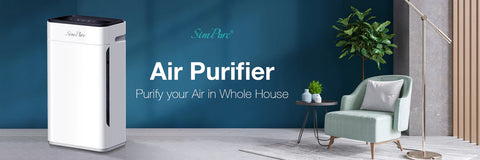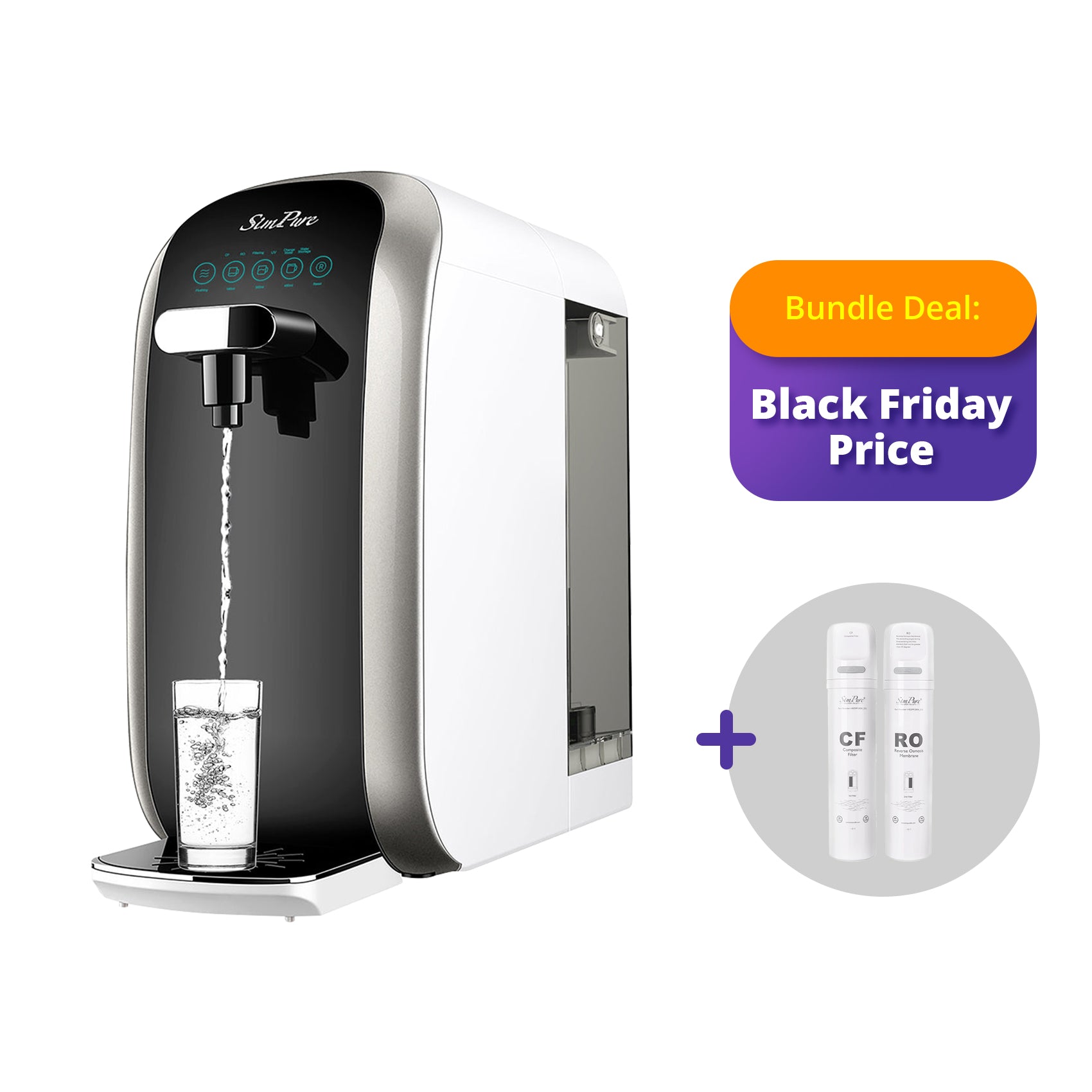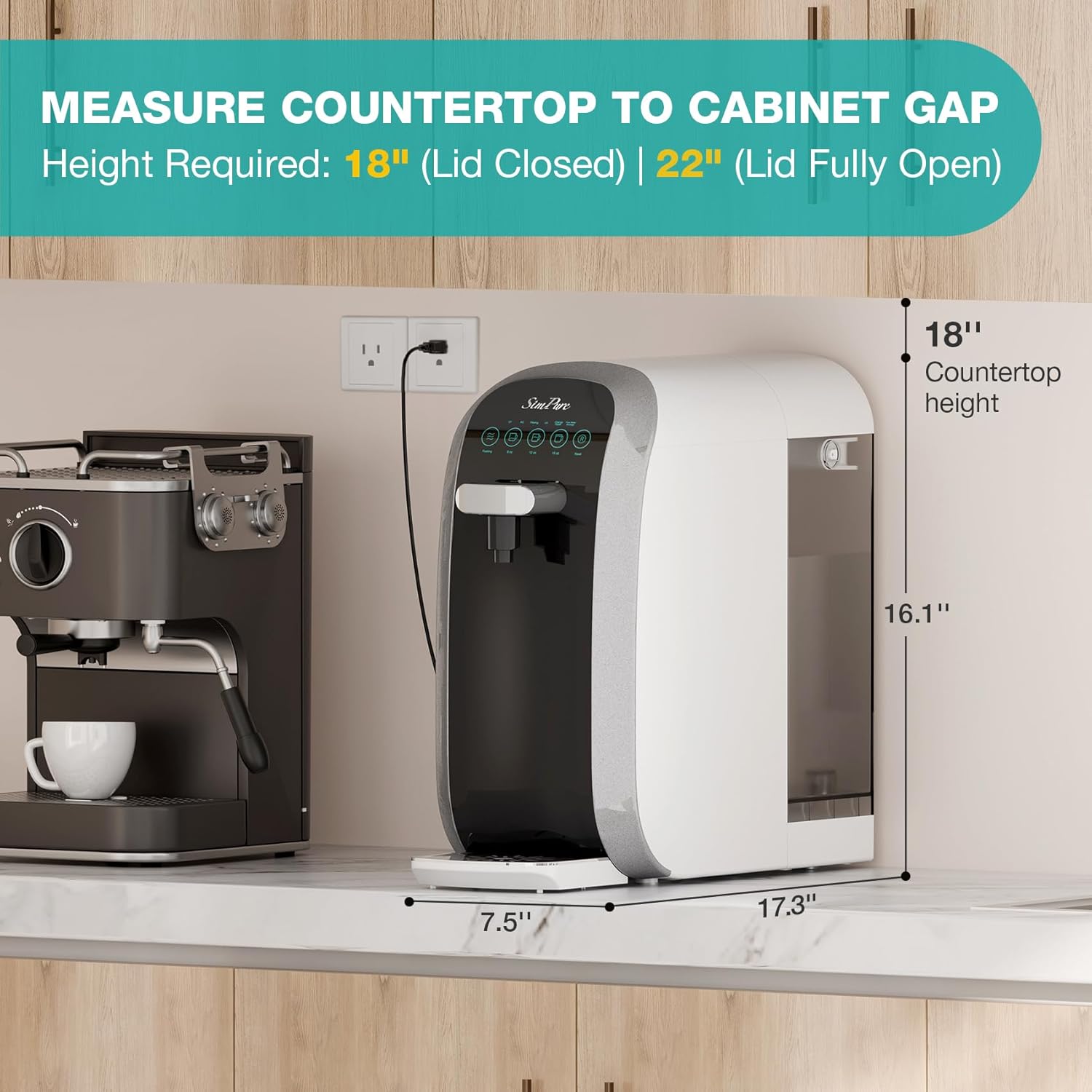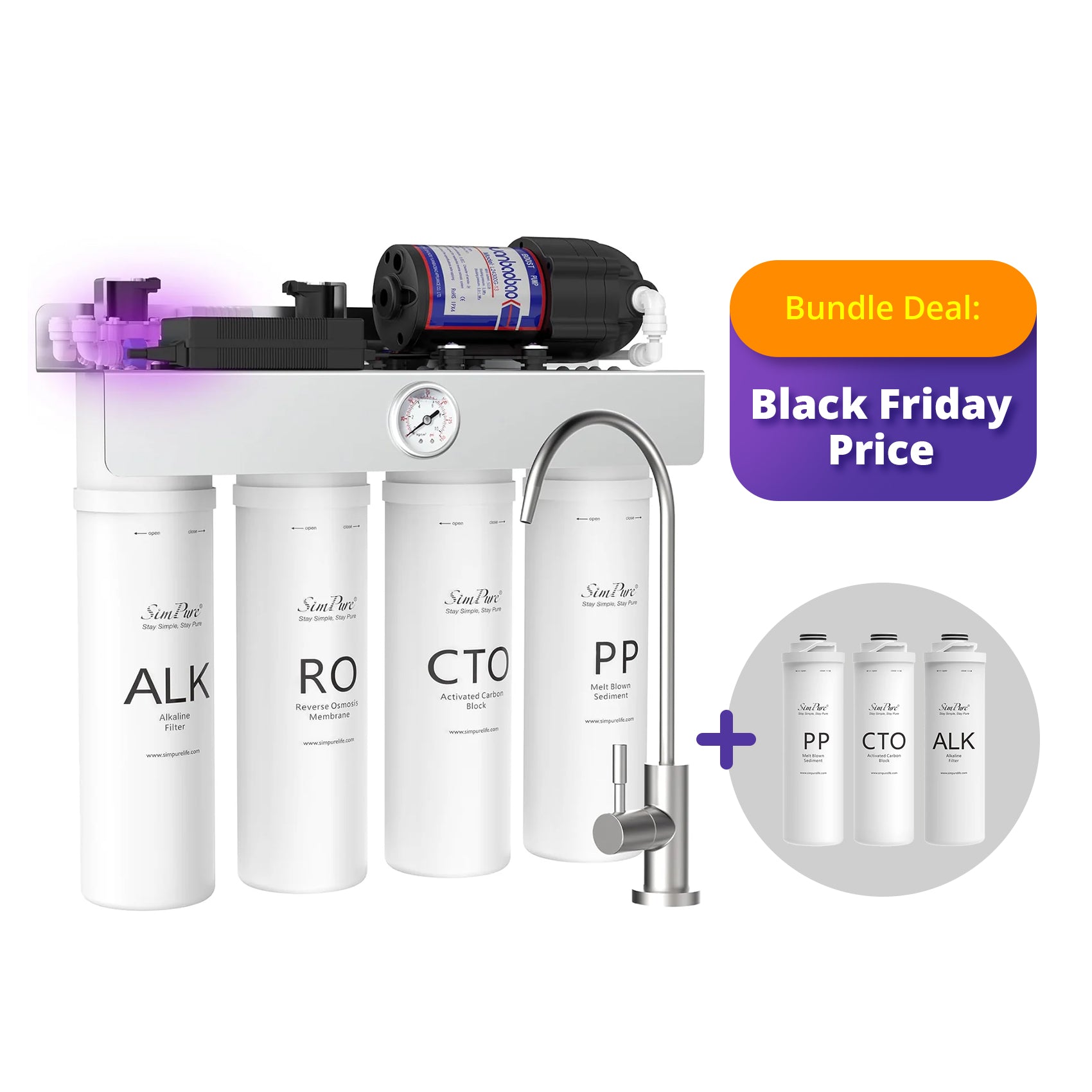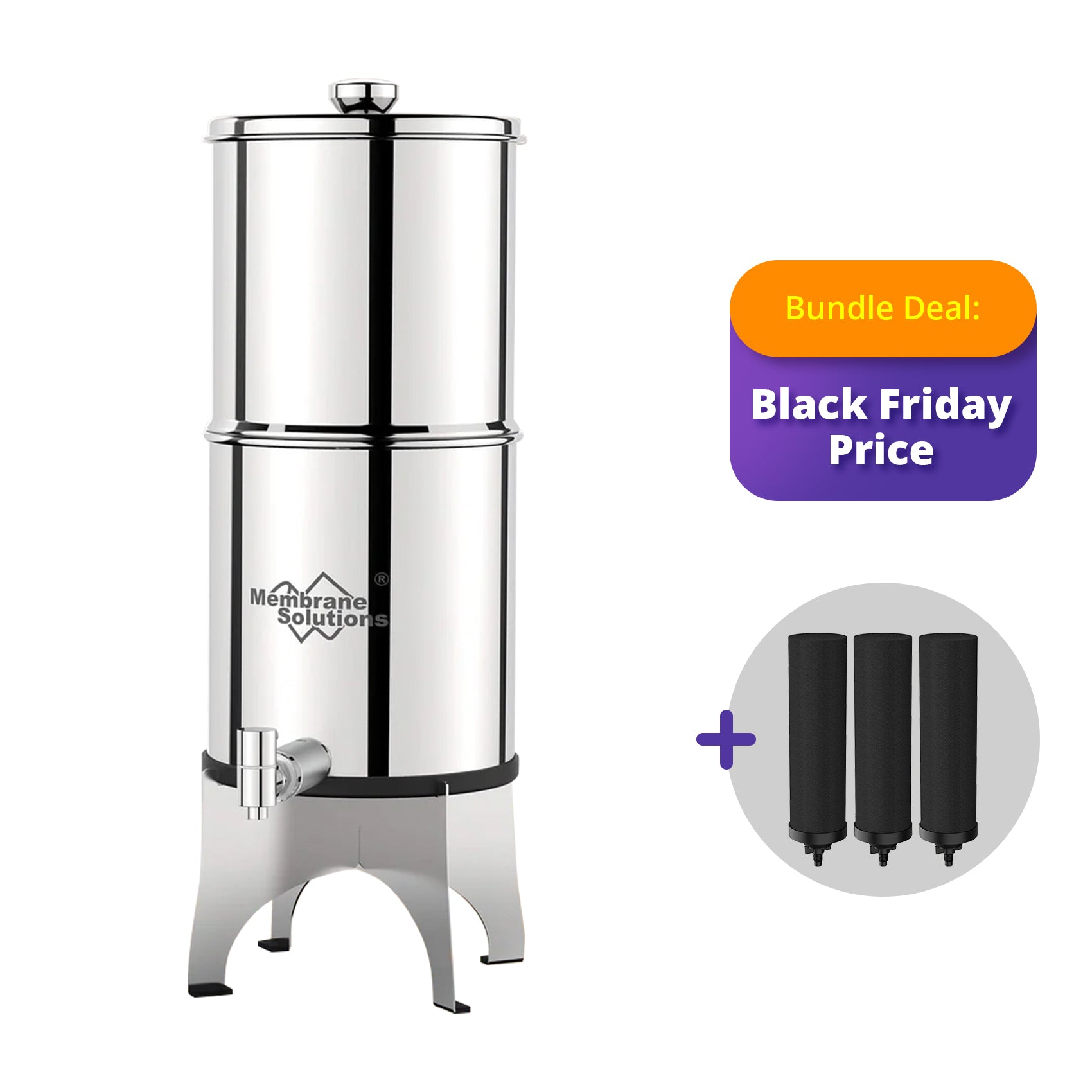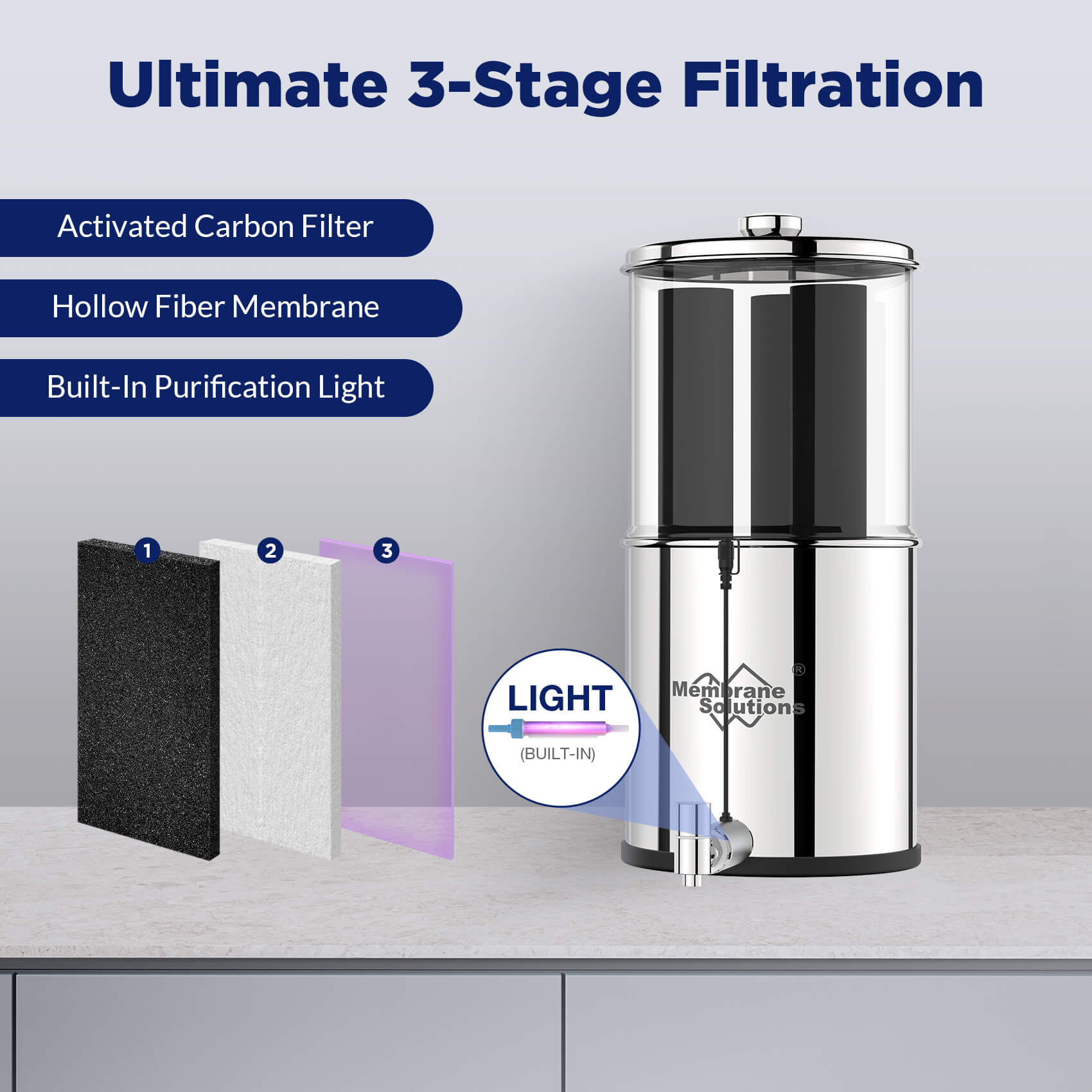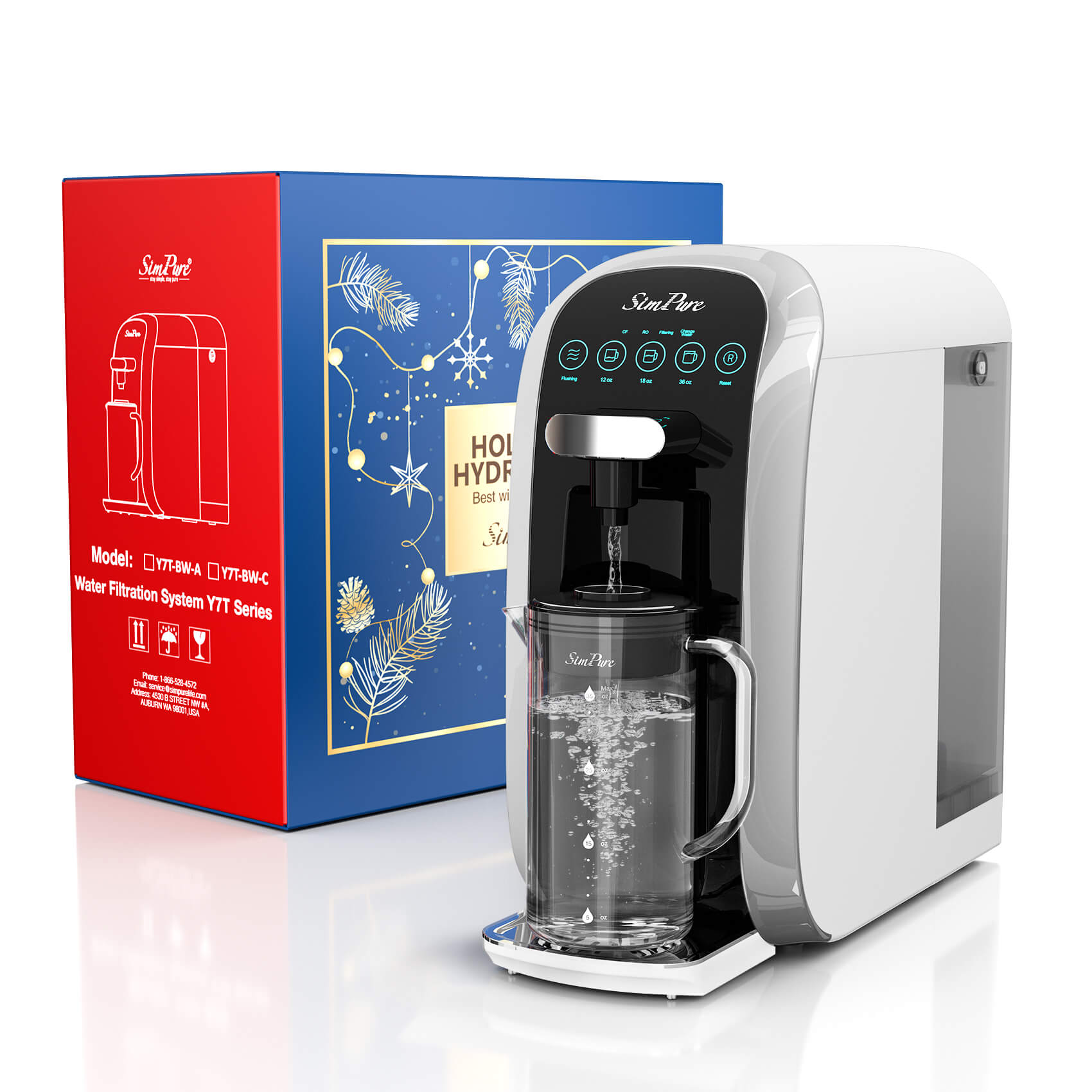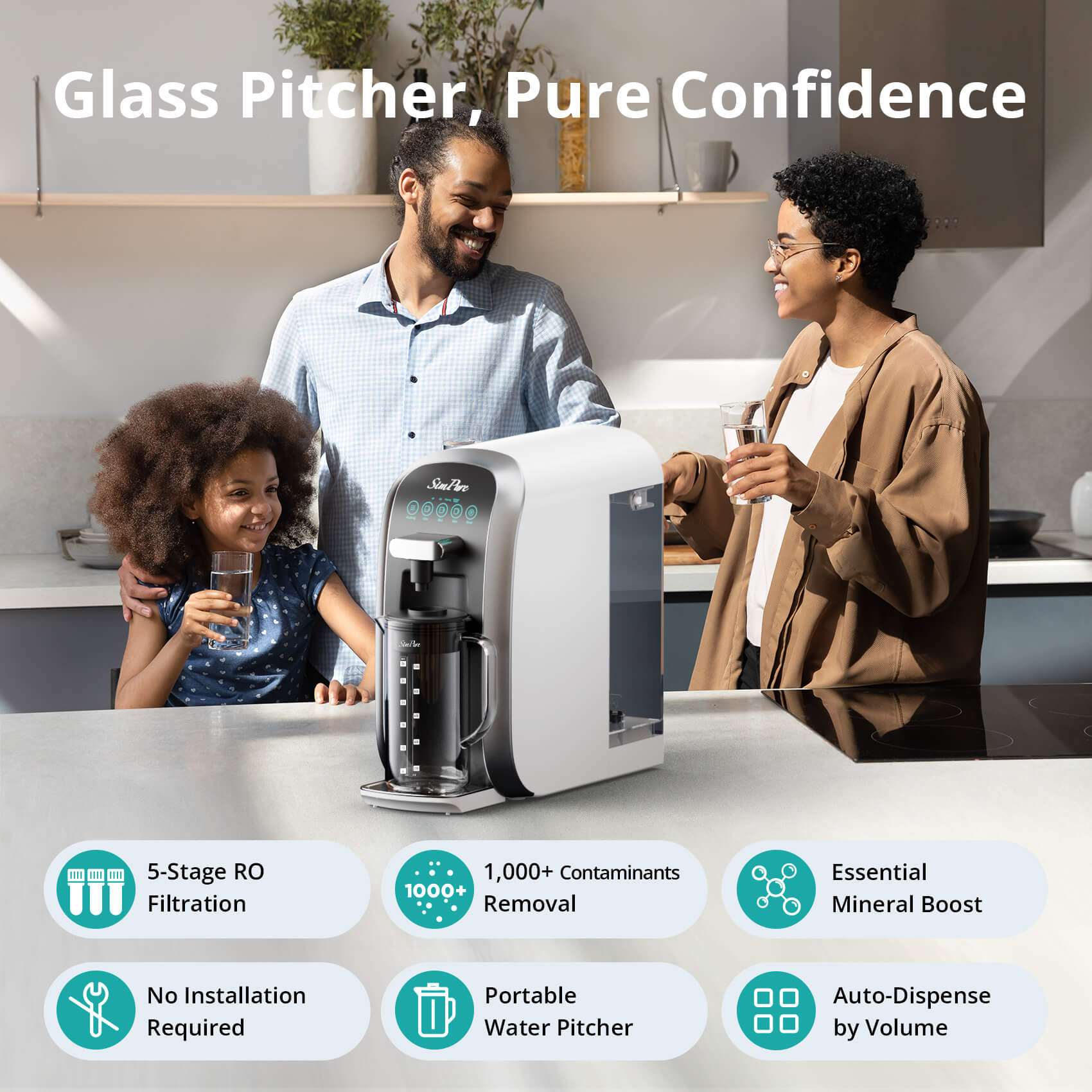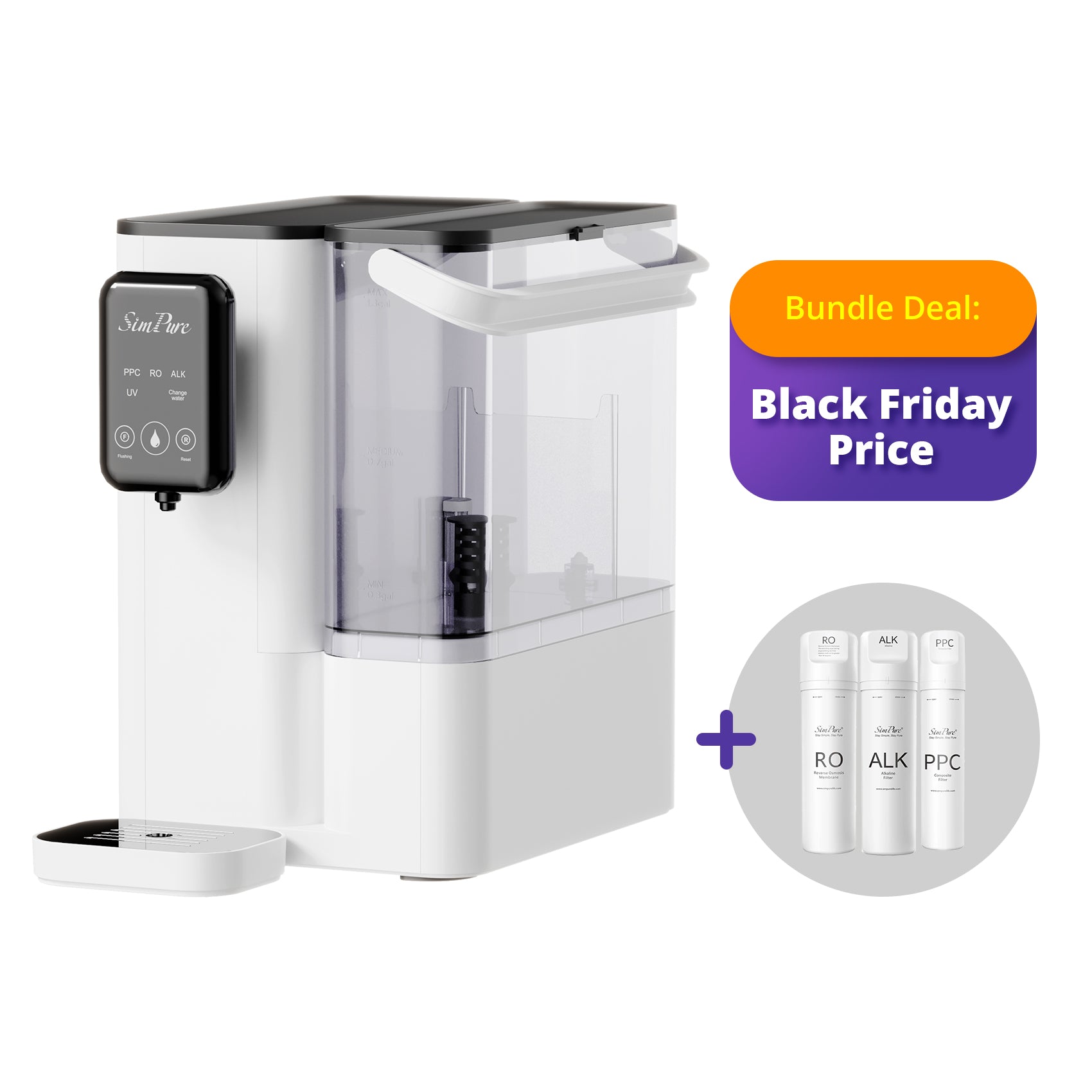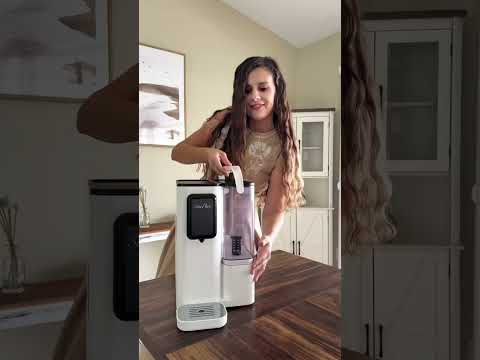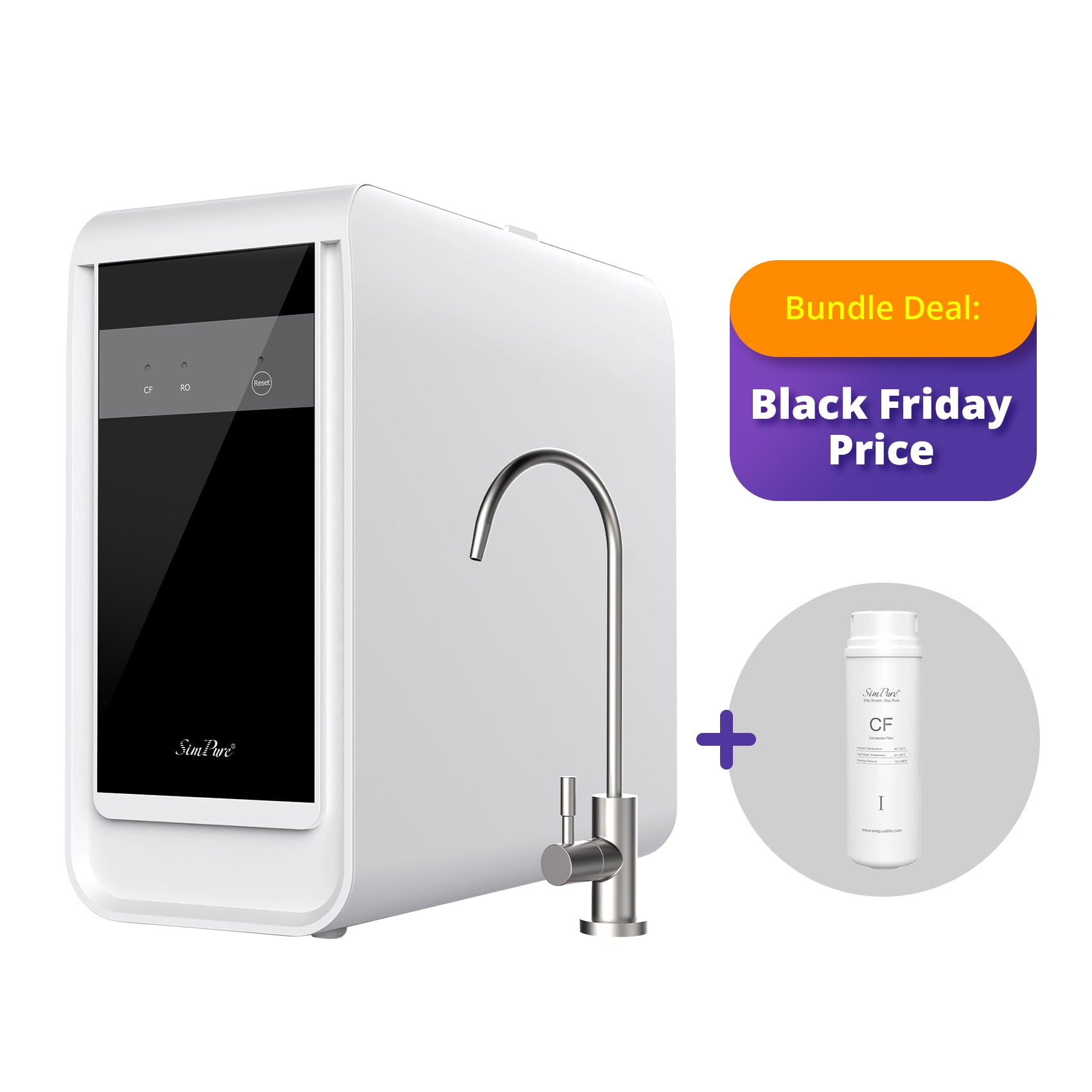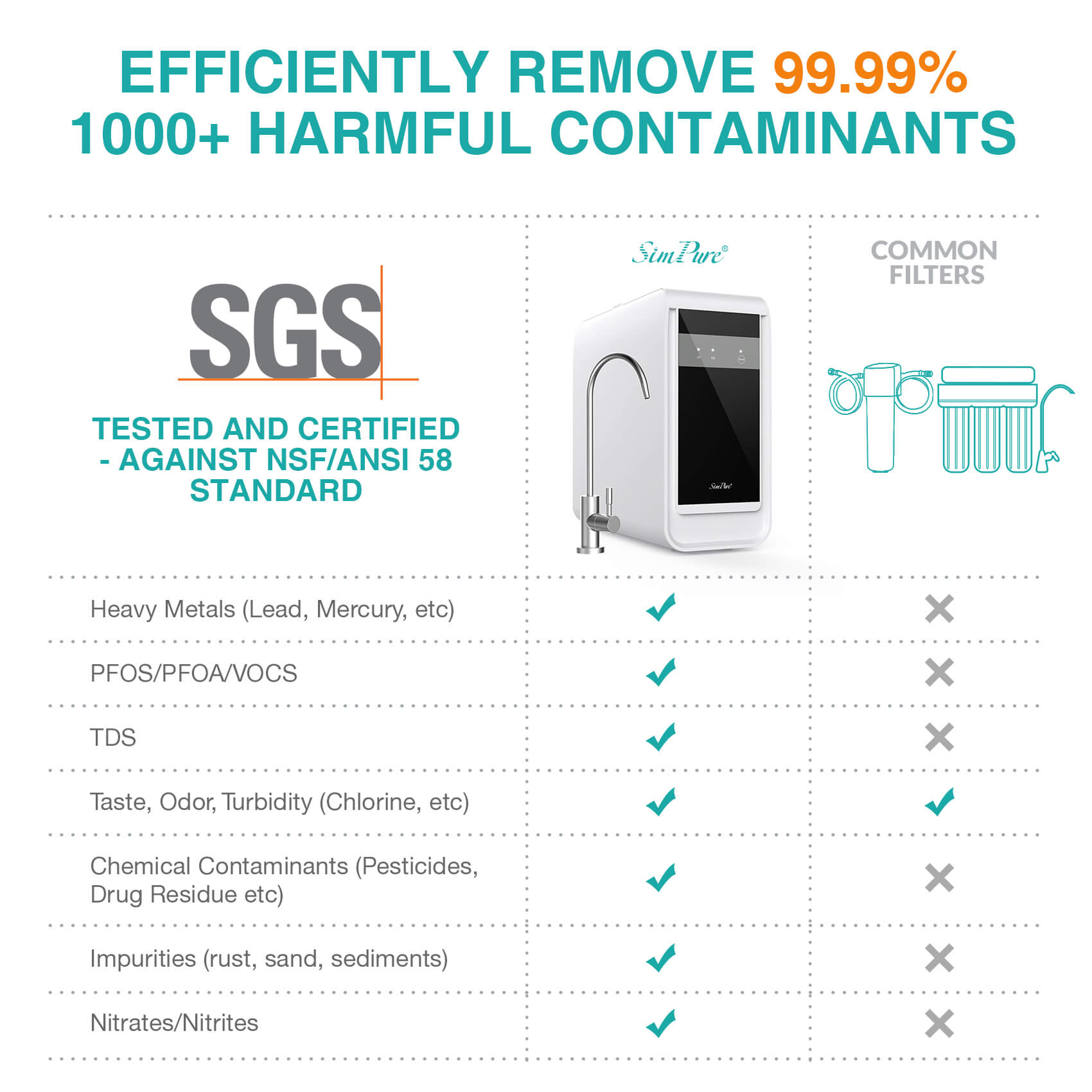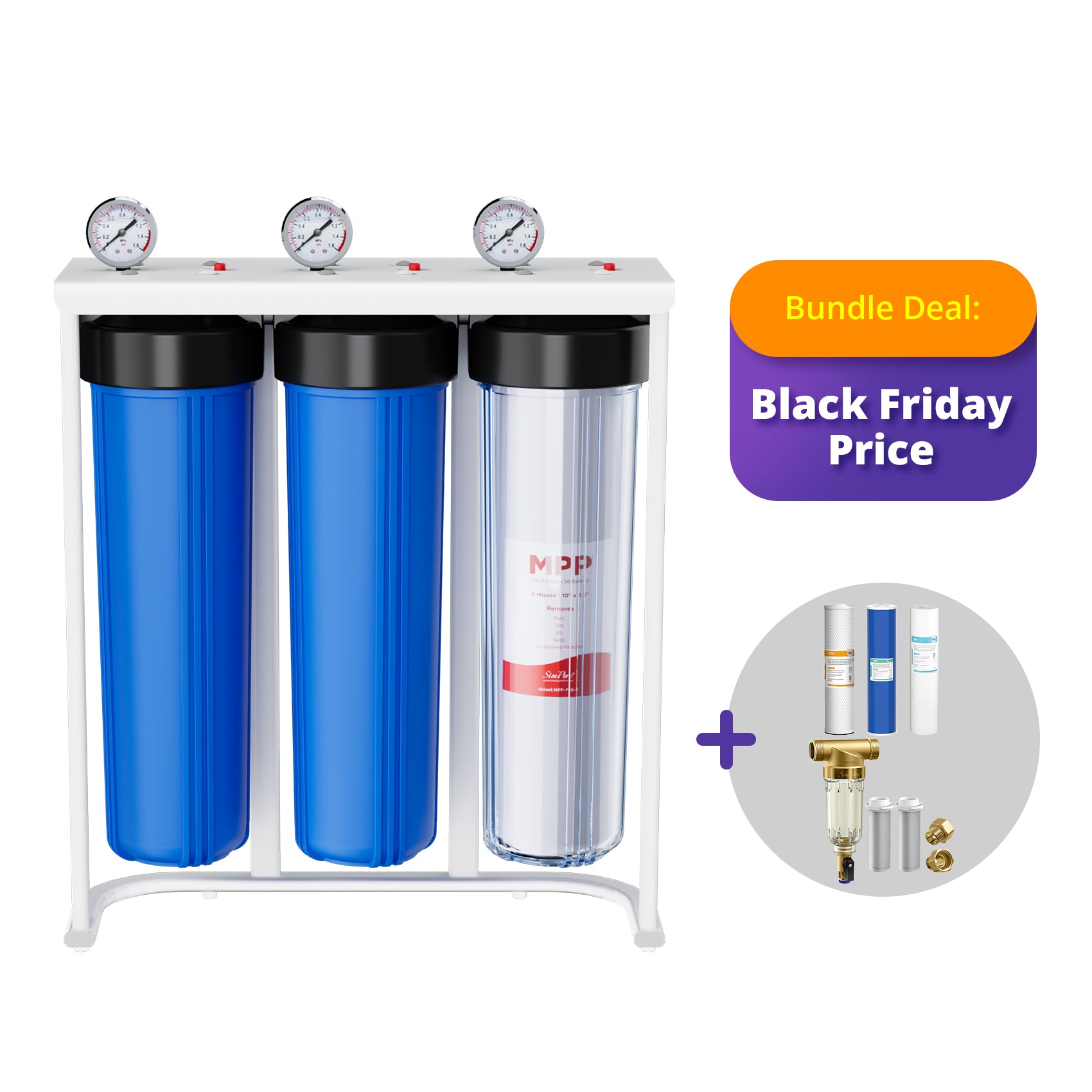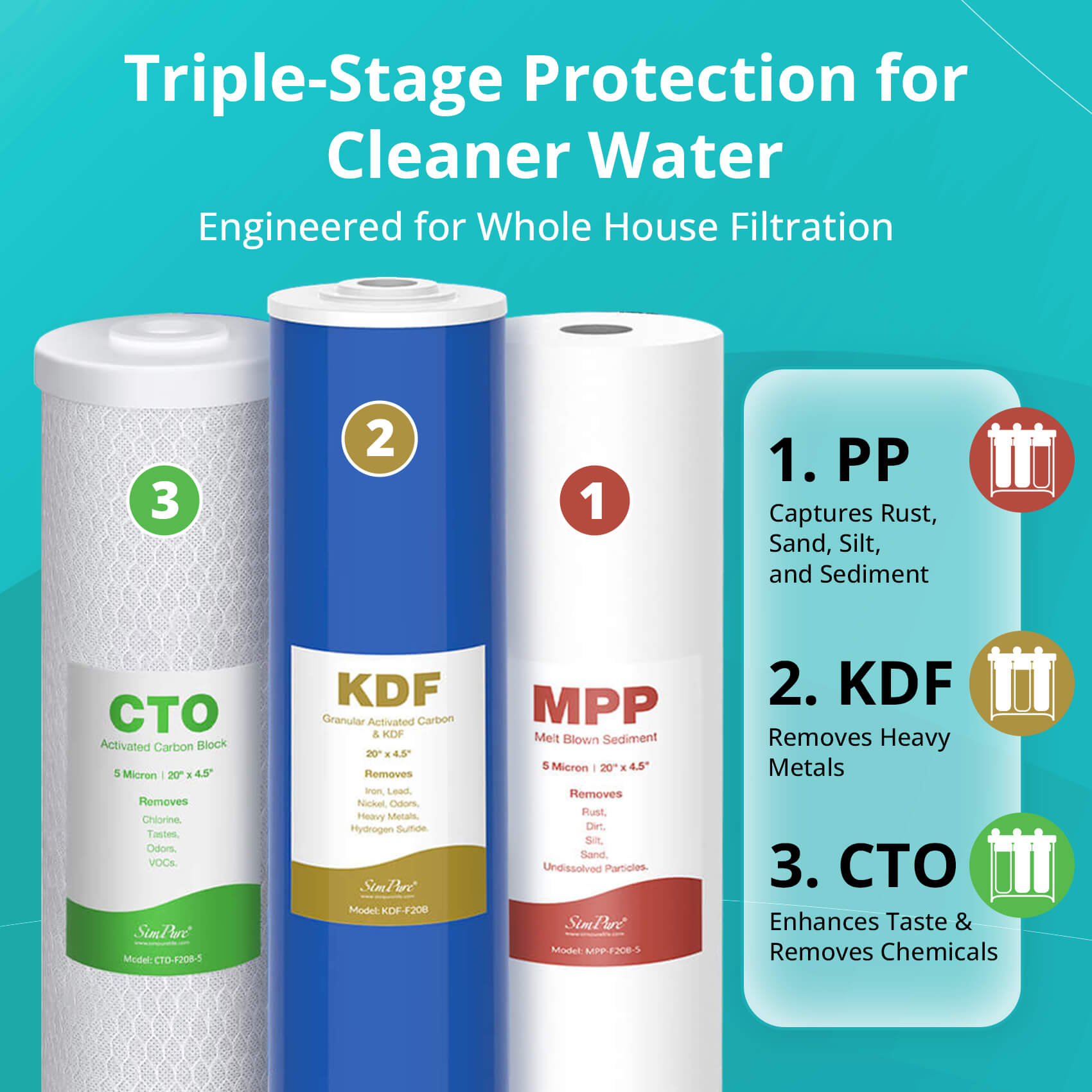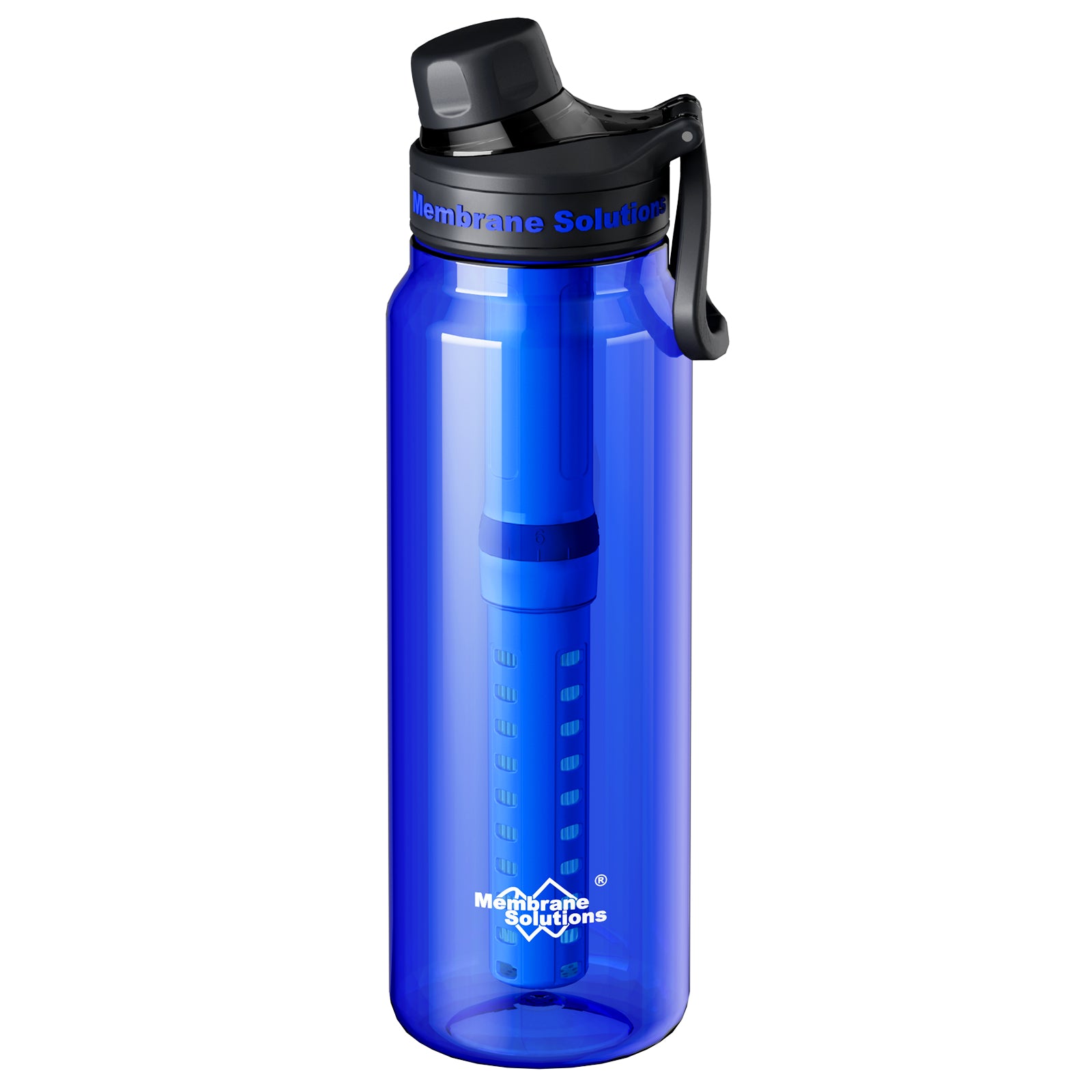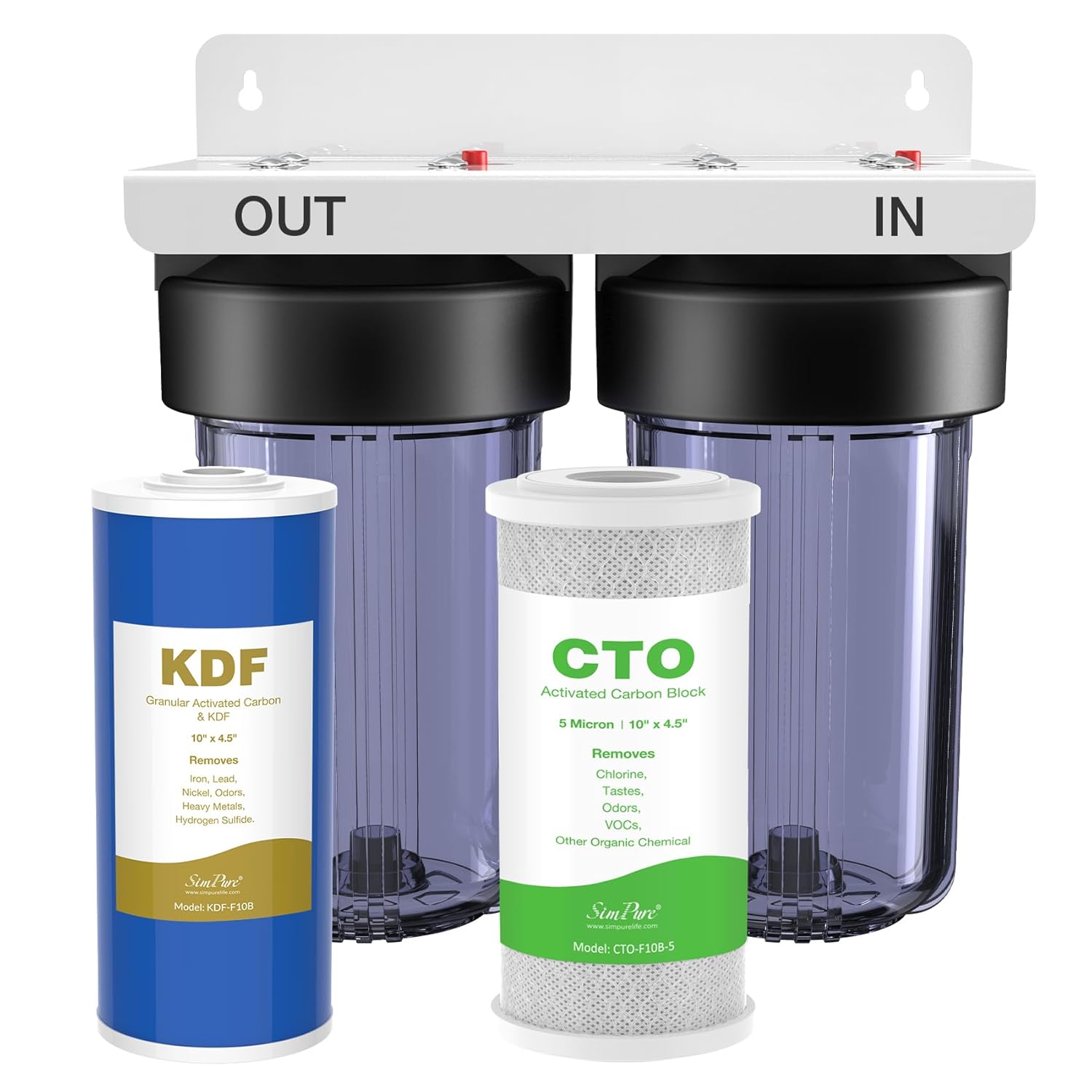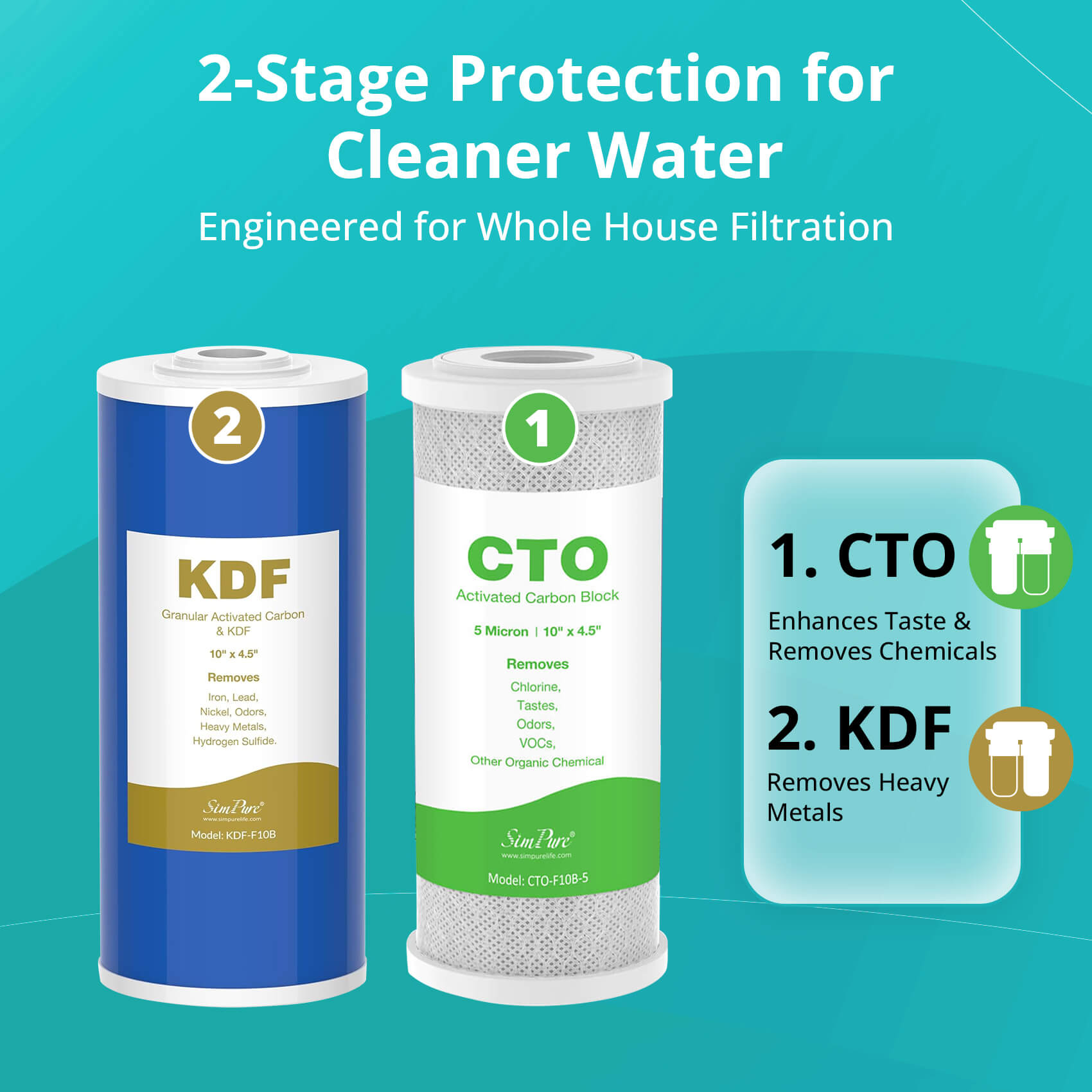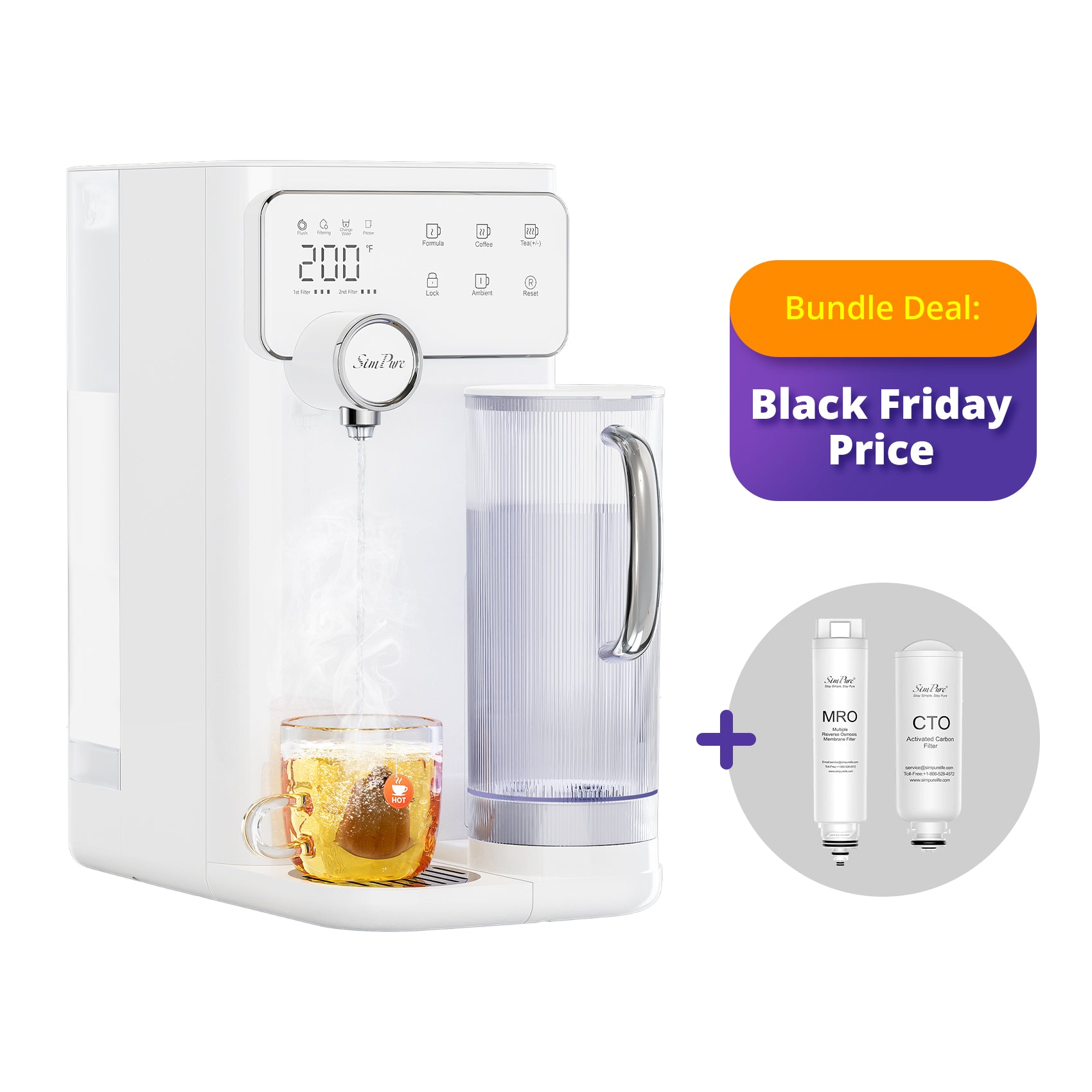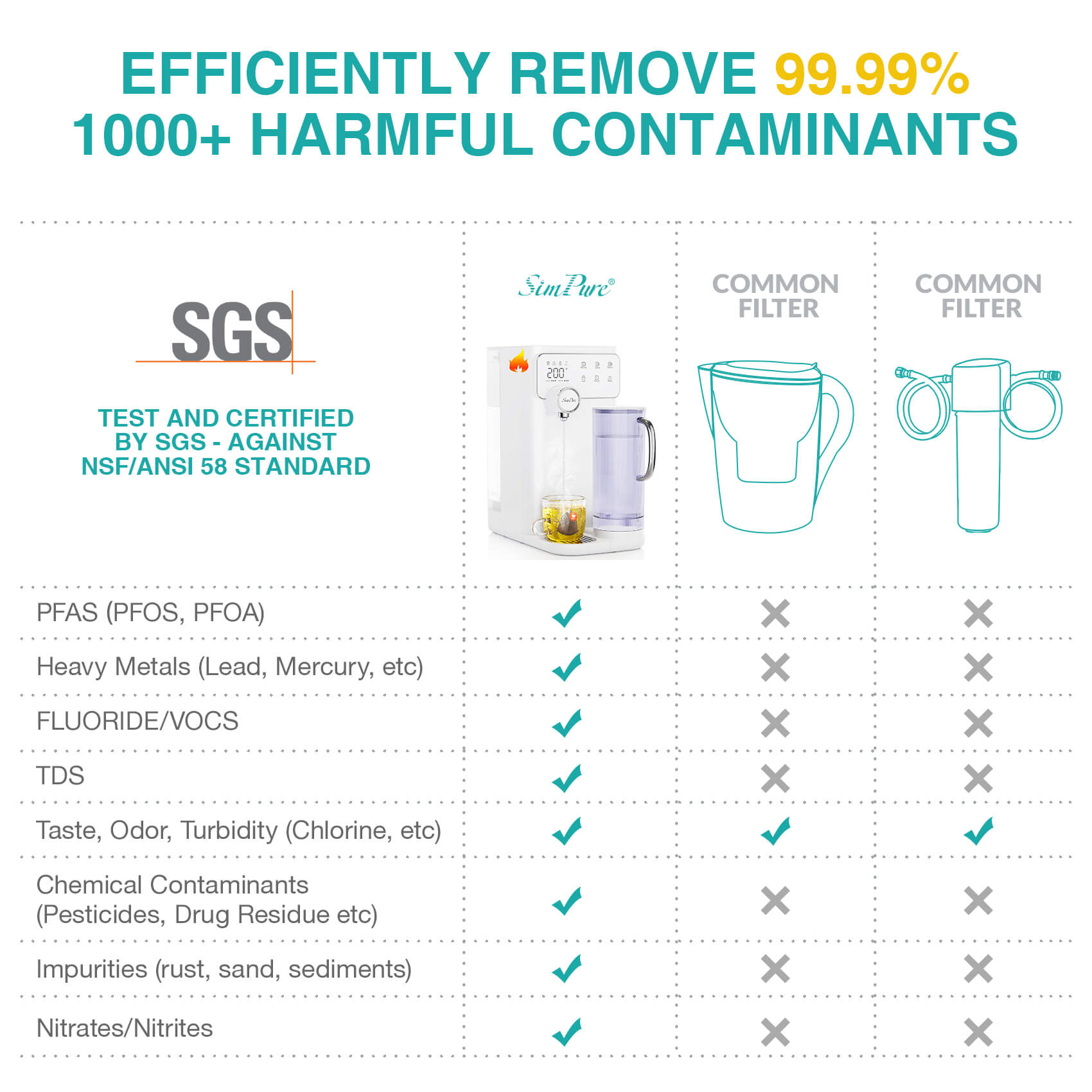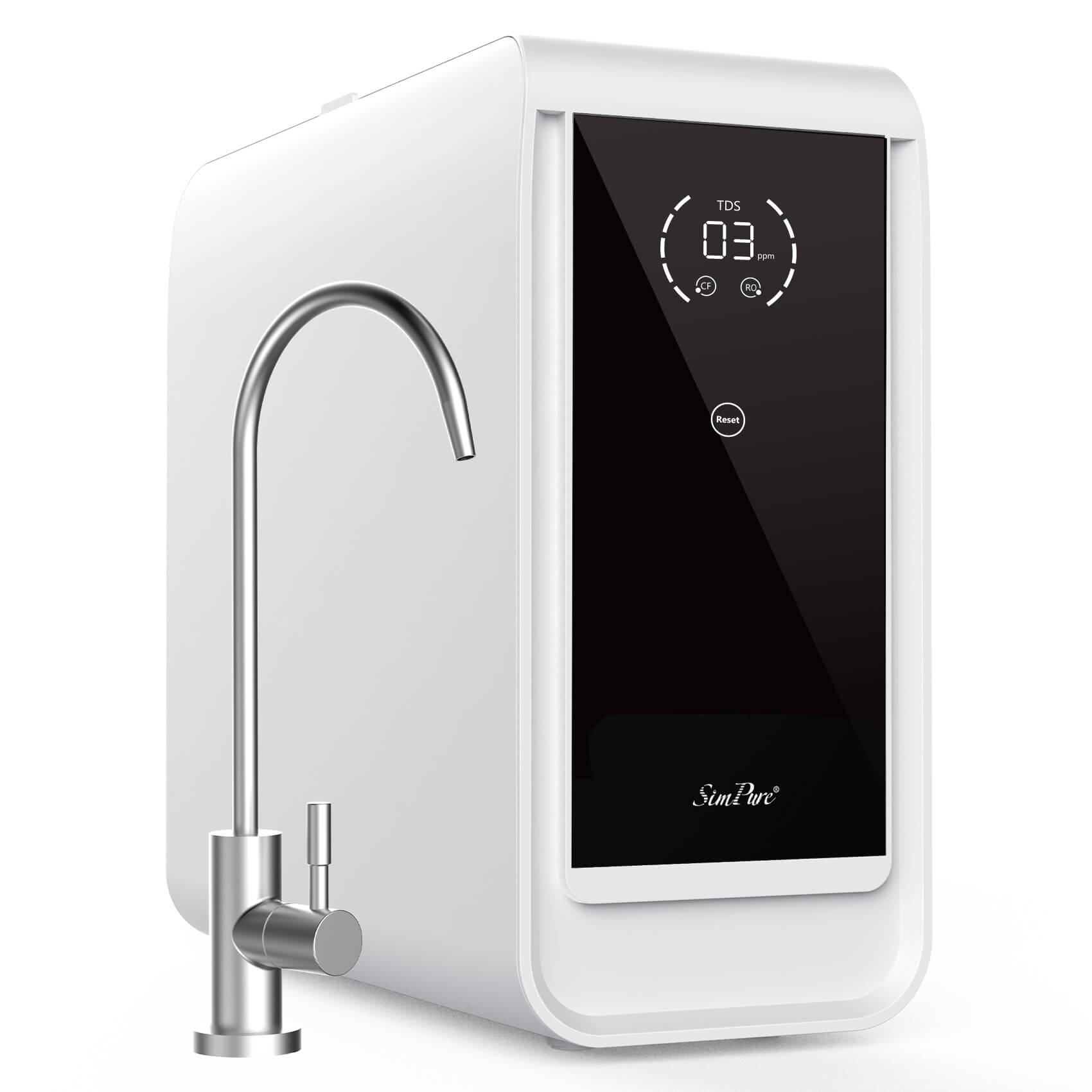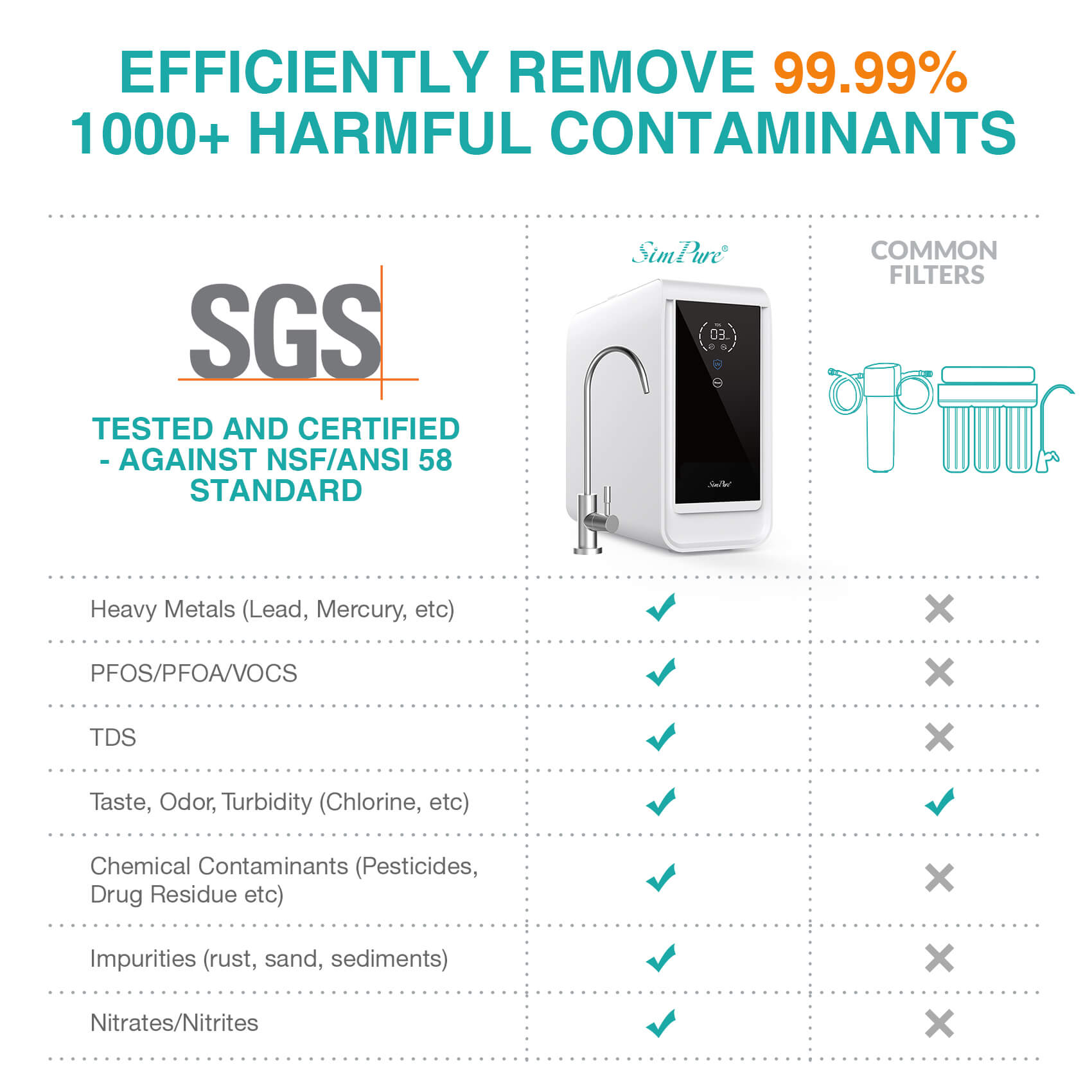Air Purifier is good for our health. PM2.5:the tiny particles, and other particles, such as pet hair, dust, etc, could cause lung damage, cognitive impairment, allergies, and shortened lifespan. The best way to keep your home fresh is to use a true HEPA air purifier. But how many air purifiers do I need to keep our family safe? Do I need multiple air purifiers for my apartment? In this article, we will find the factors for these questions.
Top 4 Factors to Consider When Decide How Many Air Purifiers Do I Need
Air purifiers with HEPA filters rely on air circulation so that they can operate properly. This means: although the air purifier will affect the area around the principal cleaning zone, such as the hallway or foyer, the cleanest air is just the place where the air purifier is set.
A house with 2 or 3 floors, air purifiers cannot pass through walls, corners, hallways, or even downstairs to purify the air in a living or workspace. This means that home with multiple rooms often require multiple air purifiers. It also means that indoor spaces with open floor plans may require fewer purifiers.
1. Depends on: How Big is Your House
Room size is the key to determining how many air purifiers I will need. To determine which air purifier I'll need for each room, it's important to consider the CADR.
It is unnecessary to buy a too-big air purifier for your single room, because it costs too much both money and resources. On the other hand, a too-small air purifier will affect your indoor air quality. By doing a few simple CADR calculations, you will be able to find the ideal size air purifier for your room.
2. Depends on: Where to Place the Air Purifier in Your House
The efficacy of air purifiers depends on where they are placed. Although air purifiers can take in the air everywhere in the room, they work well only when they get plenty of air and good airflow. The more air is available, the faster it will purify. DO NOT place the air purifier in the corner.
Don’t forget the Vertical direction: The difference in temperature in the vertical area lets the airflow in the vertical direction; the hot air will flow up to the ceiling. Placing the air purifier about 1 meter above the ground allows the air purifier to benefit from the flow of air in both directions.
Avoid the humidity, High humidity means that the air is heavier. The air purifier requires more energy to effectively ventilate; on the other hand, the humid air will reduce the filter's (especially the HEPA filter) performance. You can get more detailed info in this blog: Where to Place an Air Purifier.
3. Depends on: Pollutants in the Room
Pollutants can enter your home both through human activity and through infiltrating outdoor air. Activities such as cooking, heating, cleaning, painting, and using scented products can all contribute to pollution. Rooms with pets are also likely to contain more pollution due to pet dander and pet hair. Kitchens, basements, and bedrooms are all places that typically contain the highest levels of pollution.
4. Depends on: The Time You Spend at Home
If the kitchen and the living room seem to be the rooms where we spend the most time at home, it is actually in the bedroom where we spend the most time. This is explained by the fact that sleep occupies a third of our lives.
Keeping the air in your bedroom clean is particularly important, as the quality of our sleep is critical to our health. Insomnia can affect your work, your studies, and your risk of injury. People with sleep disorders are more vulnerable to a myriad of health problems, including heart disease, high blood pressure, stroke, diabetes, and obesity.
Besides all pollutants that can affect your sleep, some of them are more harmful than others. Allergens such as dust, and pet dander can disrupt periods of deep breathing that are essential for healthy sleep.
Volatile organic compounds (VOCs), which are released by many common products, can also cause sleep problems. Breathing in VOCs while sleeping affects the central nervous system and can lead to breathing problems like sleep apnea.
So Do I Need Multiple Air Purifiers?
We talk about several factors to decide how many air purifiers I will need, here we will take our best selling air purifiers as an example:
| Product | MS18 | MSA3 | MSA3S | SimPure HP8 |
| Noise Level | 29-49bd | 25-47db | 25-47db | 23-44db |
| CADR | 110CFM(187m³/h) | 112CFM | 112CFM | 106CFM(180m³/h) |
| Coverage |
Up to 825 Sq Ft (74㎡) |
Up to 1500Sq ft (135㎡) |
Up to 1500Sq ft (135㎡) |
Up to 800 Sq ft (72㎡) |
| Hepa Stage |
3 stage filter |
3 stage filter |
3 stage filter |
4 stage filter |
| Dimensions |
9.7*7*20.2 inches |
7.7*13.2*21.5 inches |
23.6*14.8*9.64 inches |
13.1*6.6*21.4inches |
From the table, we can find that, for an ordinary apartment, under 130㎡, one single air purifier can work well in a room. For those people who have a big house, 2-3 floors, recommender 2 or 3 air purifiers. Each air purifier for each floor.
Top FAQs on How Many Air Purifiers Do I Need

1. Can One Air Purifier Work for Multiple Rooms?
Yes, a single air purifier can work for multiple rooms such as our MSA3S Air Purifier, but its effectiveness depends on various factors. The purifier's capacity, airflow, and the size of the rooms all play crucial roles. Larger, more powerful purifiers can handle multiple rooms or open floor plans, while smaller ones may be suitable for single-room use. Proper placement is essential to ensure optimal air circulation. Consider investing in a purifier with sufficient coverage for your entire space, or strategically place multiple units in high-traffic areas. Regular maintenance and filter replacement also contribute to the overall efficiency of the air purification system.
2. Do I Need an Air Purifier in Every Room?
It's not necessary to have an air purifier in every room, as the effectiveness depends on factors like room size and air quality. Focus on key areas like bedrooms and living spaces where you spend the most time. Central placement allows air purifiers to circulate and clean efficiently. Consider portable units for targeted use or invest in a whole-house system for comprehensive coverage.
3. Can You Have Too Many Air Purifiers?
Yes, it's possible to have too many air purifiers, but we don't recommend you do so. While they effectively remove pollutants, having an excessive number may lead to over-purification, disrupting natural air balance. This can result in an environment with excessively low humidity and potential discomfort. Additionally, multiple purifiers may cause noise and increase energy consumption.
4. Will a Small Air Purifier Work in a Large Room?
Using a small air purifier in a large room may not be as effective, as its capacity might struggle to handle the room's air volume. Larger spaces require purifiers with higher Clean Air Delivery Rate (CADR) and greater coverage. The small purifier may take longer to circulate and clean the air, potentially leaving some areas untreated. To ensure optimal performance, choose an air purifier with sufficient power and coverage for the size of your room.
Finally, to ensure optimal air quality, every room in your home should be equipped with an air purifier. But it is impossible. determining what is your priority room for an air purifier and the correct place for an air purifier, can make a big difference to your device purifier's effectiveness. If your family doesn't have the option to buy multiple purifiers, it may be helpful to move the purifier from one room to another as needed.


